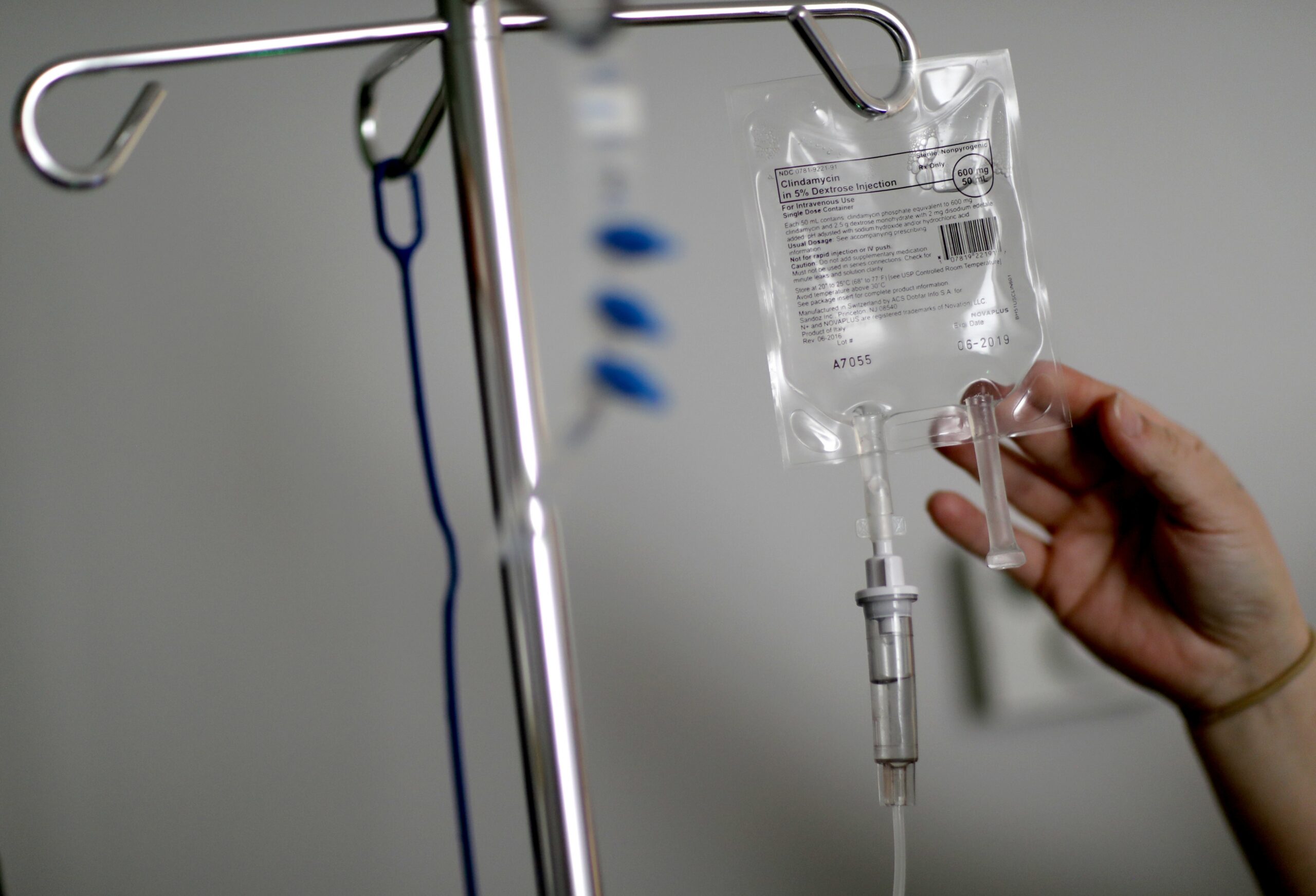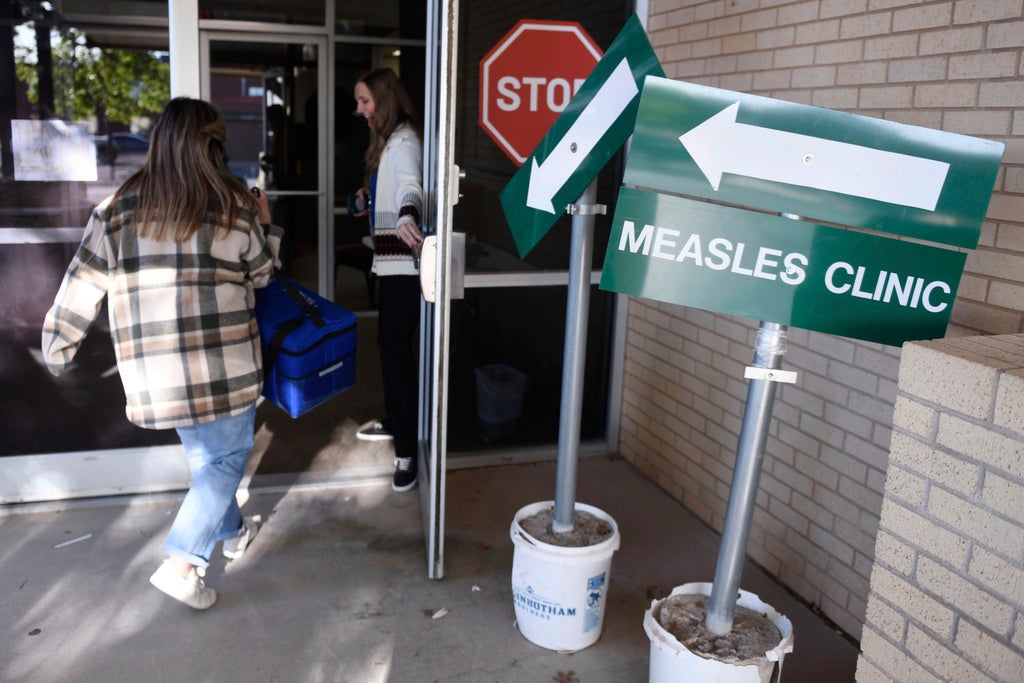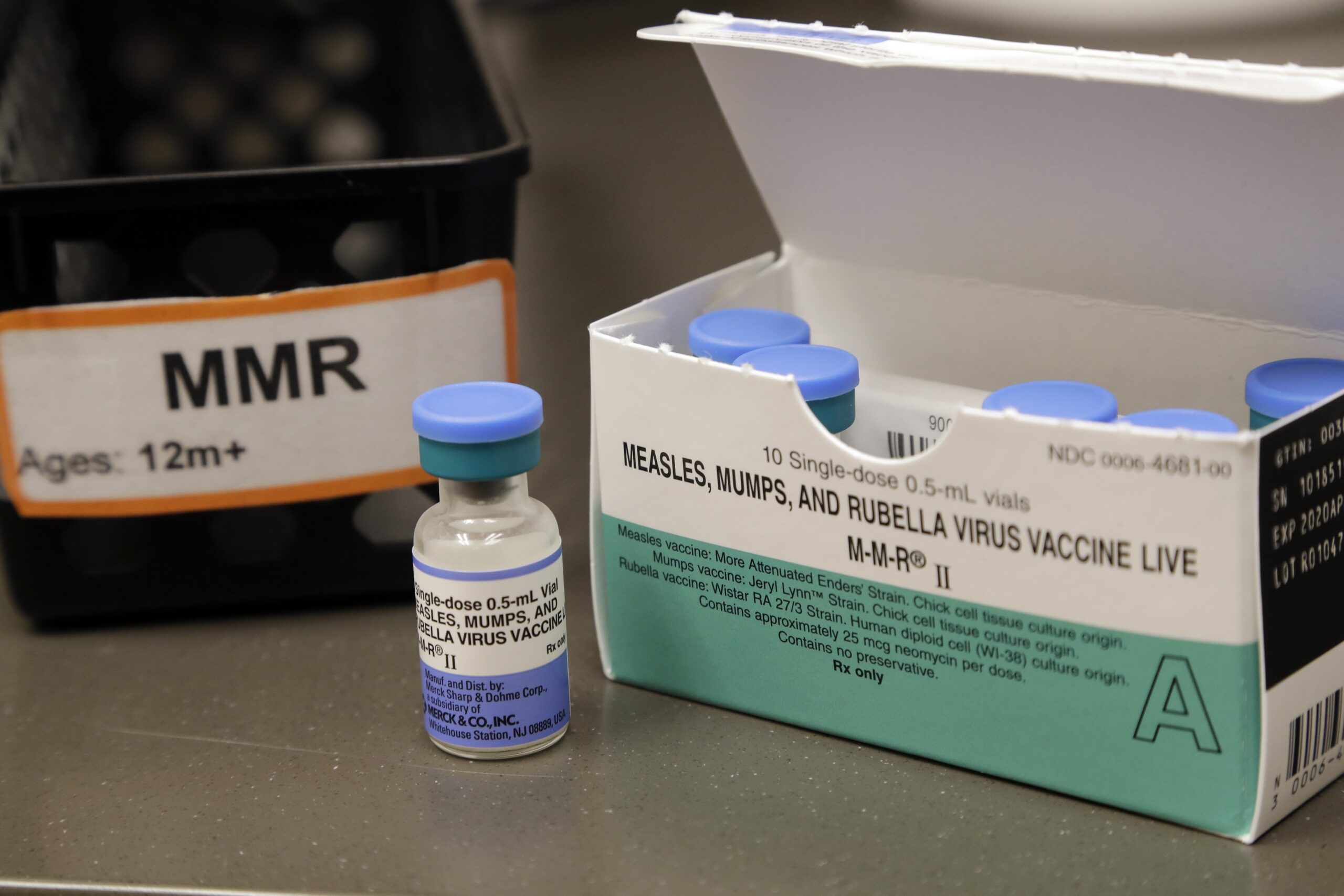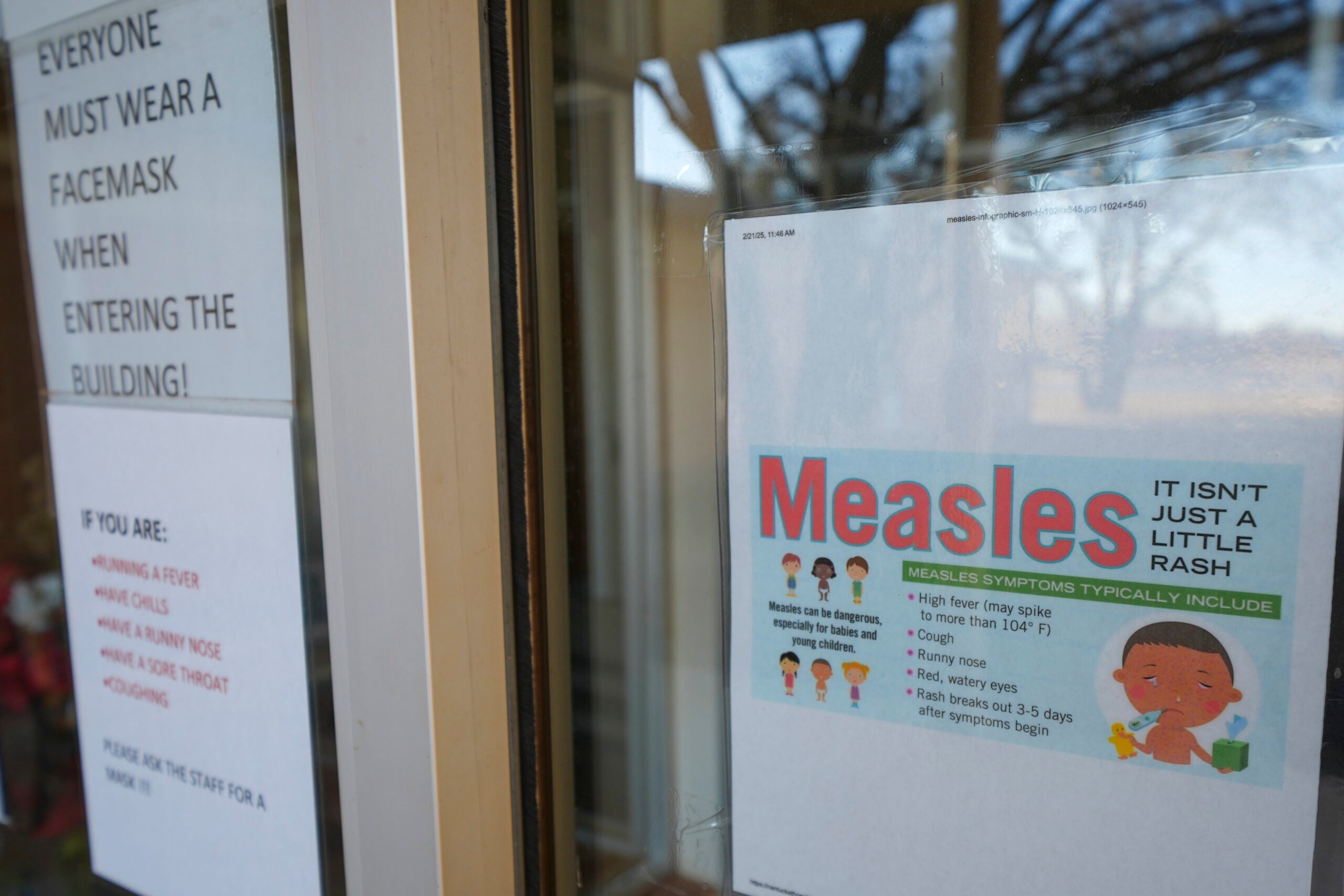Broken bones, vaccinations, and symptoms of heart attack or stroke — these are just some health issues that aren’t being treated immediately during the coronavirus pandemic as people opt to postpone care.
Emergency physicians and first responders across the nation have witnessed calls and emergency room visits decline due in part to less contact, reduced travel and fewer injuries as the COVID-19 crisis has closed schools, canceled sporting events and shuttered nonessential businesses. But, at the same time, some have seen admission rates to hospitals increase due to the severity of cases now being treated.
UW Health in Madison is treating patients who are a lot sicker, said Dr. Joshua Ross, executive vice chair of the BerbeeWalsh Department of Emergency Medicine at the University of Wisconsin School of Medicine and Public Health.
News with a little more humanity
WPR’s “Wisconsin Today” newsletter keeps you connected to the state you love without feeling overwhelmed. No paywall. No agenda. No corporate filter.
“We’ve seen patients with pretty significant injuries, but they’re trying to manage it at home, and they turned out to have a broken bone, or patients with skin infections that they’re trying to, again, hope that it gets better and not getting care,” said Ross. “Then, by the time they get to us, it is a lot worse.”
Ross said UW Health saw a nearly 50 percent decline in emergency room visits at University Hospital — down from about 180 each day to just over 100. Even so, admission rates increased 10 percent.
In more rural areas, physicians are seeing similar trends, said Tammy Simon, vice president of the Marshfield Clinic’s Institute for Quality, Innovation and Patient Safety. Simon said they’re seeing people delay treatment for heart failure or chronic lung disease.
“These individuals are — from what we’re learning — are delaying care because of the fear of contracting the virus and not having the same, I’ll say, guidance or maybe understanding when they can come in and when they should come in,” said Simon. “So, they delay calling our offices and instead are coming to our emergency rooms.”
Within the past week, Simon said they’ve been conducting more outreach and phone care to triage patients through telehealth. But, some rural residents may still encounter barriers with video conferencing, said Reba Rice, CEO of North Lakes Community Clinic in far northern Wisconsin.
“We were offering all services, and so many providers are, via telehealth either by phone or with video,” said Rice. “That’s not a great fit for everybody, understandably. There are families that don’t have access to that kind of connectivity or to a computer.”
Rice, along with other medical providers, are encouraging people to reach out or call if they’re questioning whether to seek care or need tools to access treatment, as well as notifying them that services are still available. Many hospitals or clinics began postponing routine appointments and elective surgeries in March to prepare for a surge in COVID-19 cases.
Providers assure patients they’re taking every precaution with protective equipment, screening, cleaning and more to protect people and safely offer care, said Dr. Chris Eberlein, emergency medicine physician at Gundersen Health System. Yet, he noted fear isn’t the only driving factor that’s delaying treatment.
Eberlein recently treated an older woman who avoided seeking treatment of a broken leg for a week because she didn’t want to burden the health care system.
“So we’re having patients that are delaying care, not only out of fear of the virus, but out of concern for staff,” said Eberlein.
Among younger patients, Gundersen physicians are concerned about how the COVID-19 crisis is delaying vaccinations worldwide. More than 117 million children are at risk of missing measles vaccinations and campaigns have been delayed in 24 countries, according to the Measles & Rubella Initiative.
That concern is shared among doctors at Children’s Wisconsin. Many children treated by the Milwaukee children’s hospital are behind on their vaccines, said David Margolis, interim pediatrician in chief.
He said hospital staff have kept vaccination appointments for infants, but some were postponed for children under age 5.
“To me, I think it’s ironic how everybody is hoping to have a coronavirus vaccine and that’s one of the keys to getting the economy back. Well, we have vaccines for measles, for chickenpox, for diphtheria, for polio, for pertussis, that are really important for public health care,” said Margolis. “So, I do think that those scheduled vaccinations appointments really need to get back on the books.”
A spokesperson for Children’s Wisconsin said their offices canceled more than 14,000 preventive care visits, including vaccination appointments. The hospital hopes to reschedule all appointments that were delayed for children 2 years old and younger by the end of May.
Wisconsin Public Radio, © Copyright 2026, Board of Regents of the University of Wisconsin System and Wisconsin Educational Communications Board.





